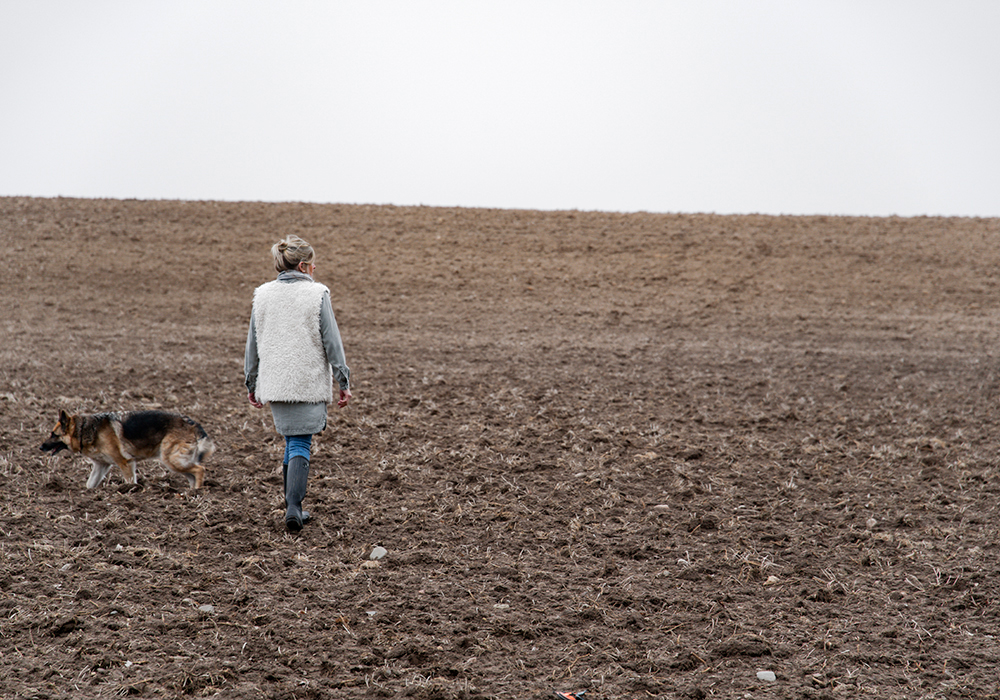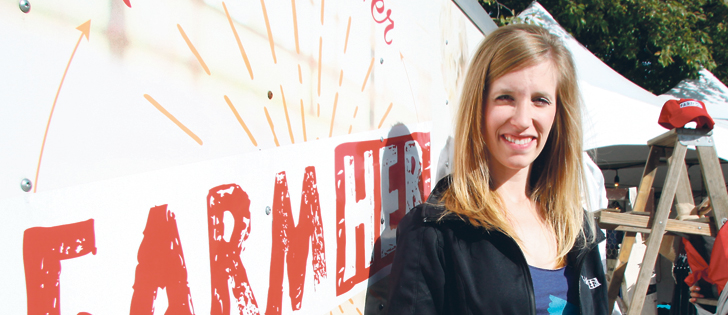The role of women on the farm is rapidly evolving and Farm Management Canada wants to understand the status of farm women and their experiences.
“Over the past few years, we have conducted a number of studies looking at various topics, including mental health, the adoption of business practices, the drivers and barriers to adoption and the benefits realized on Canada’s farms,” said Heather Watson, Farm Management Canada chief executive officer.
“In every study, we have found there is a distinct difference in responses for men and women involved in farming.”
Read Also

Sustainable food has ‘lost all meaning’: prof
That marketing strategy is deader than a doornail, says a University of Guelph professor who specializes in consumer preferences and perceptions of agriculture and food.
In previous surveys, unpredictability of the agricultural sector, workload and financial pressure were the main causes of stress to farm men and women, but women surveyed reported higher levels of stress than men.
“For example, our mental health survey revealed women and men are stressed by the same factors, but women uniquely reported two other major causes of stress: maintaining family and farm team harmony, and transition planning.”
Watson said they wanted to dig deeper into these differences and why they occur, but found there was little research specifically about farm women, which made it challenging to define the roles and contributions of all women on the farm.
So, Farm Management Canada and CentricEngine “have undertaken an important and timely research project that will provide a comprehensive baseline for understanding the roles, status, barriers and opportunities to support women involved in farming,” said Farm Management Canada in a news release.
“We wanted to do a deeper dive — not only to understand the experiences of farm women; their roles, responsibilities, desires and needs, but also how we define ‘farm women.’”
She said the Canadian census only allowed reporting of multiple farm operators in 1991, and that is when farm women began to get recognition. The census does not account for women that aren’t farm operators, the women that contribute on the farm in different ways and has no way to dissect their responses.
“This research project is the first of its kind, focusing specifically on farm women,” said Watson. “This project seeks to measure and define women’s full experience in farm activities. The goal is to replace stereotypes and anecdotal information about farm women with a comprehensive, accurate and actionable picture that will serve as a benchmark, a guide and a view into the future.”
The information will help services, resources, policies, etc. make decisions and expand, knowing how to support and grow with farm women as their roles evolve along with their wants and needs.
Watson said they have already completed literature reviews, focus groups, sit down interviews with farm women and other forms of research to get a grasp of the subject, and this national survey is the next step in closing the gap.
Information from the Canadian census shows more women are becoming farm operators, but also more women are graduating from post-secondary agricultural programs, so there is “evidence to suggest that women are positioned to influence decision-making in ways that go far beyond census measurement.”
“That’s why we’re doing this study; to determine how these roles are changing, the challenges and opportunities for farm women to help identify a path forward to meet their unique needs and desires,” said Watson.















